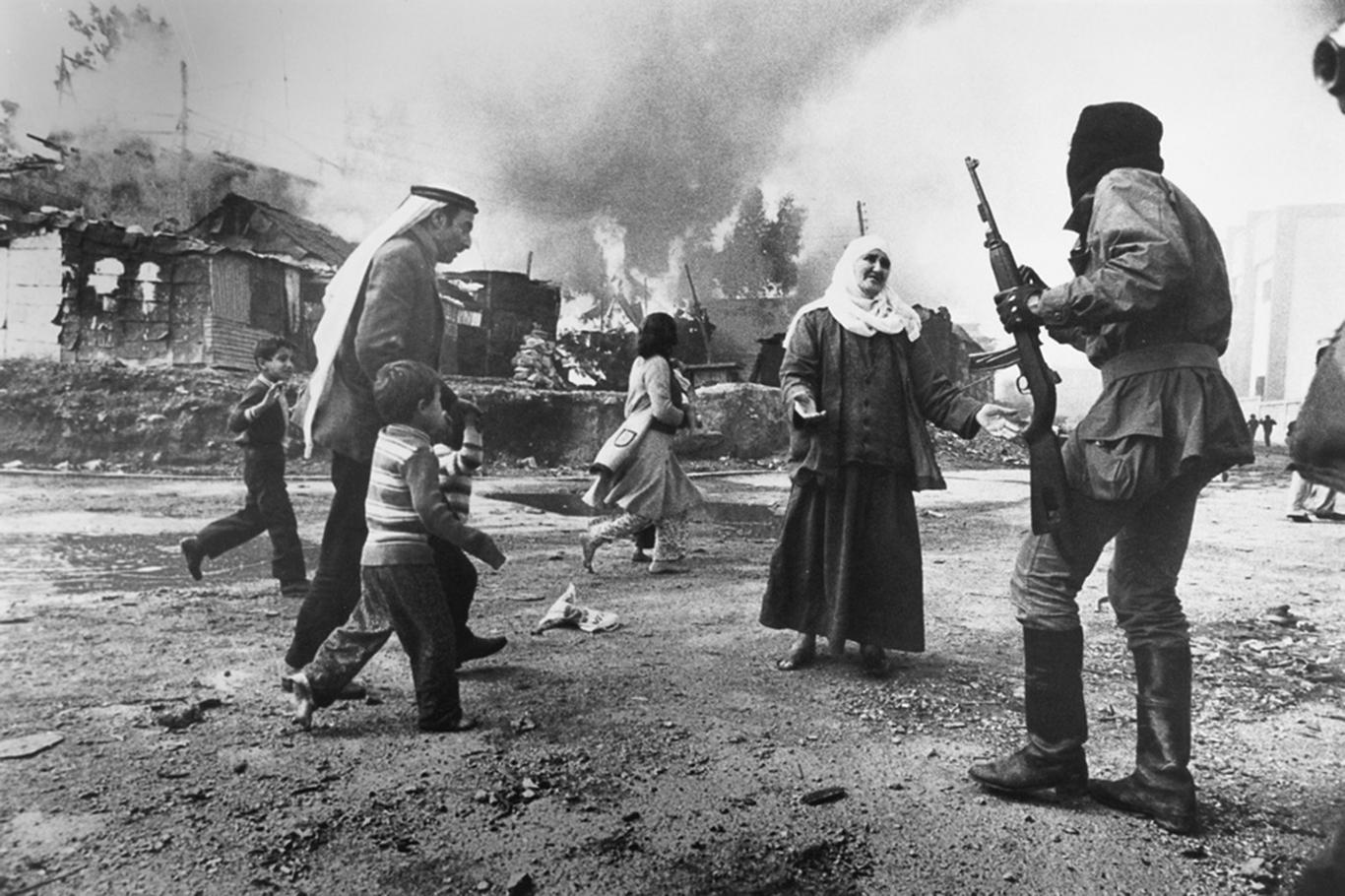Forty-one years have passed since Syrian regime’s Hama massacre


The Hama Massacre occurred in February 1982 when the Syrian Arab Army and the Defense Companies, under orders of the country's president Hafez al-Assad, besieged the town of Hama for 27 days on the pretext of quelling an uprising by the Muslim Brotherhood against al-Assad's government.
The massacre was carried out by the Syrian Army under commanding General Rifaat al-Assad to end the campaign begun in 1976 by Islamic groups, including the Muslim Brotherhood, against the Syrian Ba’ath regime.
Initial diplomatic reports from western governments in 1982 had stated that 1,000 were killed in the fighting.
Subsequent estimates of casualties varied from 2,000 to 40,000 people killed, including about 1,000 soldiers. Robert Fisk, who was in Hama shortly after the massacre, originally estimated fatalities at 10,000 but has since doubled the estimate to 20,000.
Syrian general and brother to president Rifaat al-Assad reportedly boasted of killing 38,000 people.
Amnesty International initially estimated the death toll was between 10,000 and 25,000.
Reports by the Syrian Human Rights Committee said “over 25,000” or between 30,000 and 40,000 people were killed.
Twenty years later, Syrian journalist Subhi Hadidi, wrote that forces “under the command of General Ali Haydar, besieged the city for 27 days, bombarding it with heavy artillery and tank [fire], before invading it and killing 30,000 or 40,000 of the city's citizens – in addition to the 15,000 missing who have not been found to this day, and the 100,000 expelled.”
The attack has been described as one of the “deadliest acts by any Arab government against its own people in the modern Middle East”.
According to human rights organizations, the vast majority of the victims were civilians. (ILKHA)
LEGAL WARNING: All rights of the published news, photos and videos are reserved by İlke Haber Ajansı Basın Yayın San. Trade A.Ş. Under no circumstances can all or part of the news, photos and videos be used without a written contract or subscription.
The European Union is grappling with an unprecedented escalation in drug trafficking, with officials estimating that over 100 tons of cocaine enter the continent each year—a figure that European security agencies admit may represent only a fraction of the true scale.
On November 2, 1917, British Foreign Secretary Arthur James Balfour sent a short letter to Zionist leader Lord Rothschild, pledging Britain’s support for a Jewish homeland in Palestine.
One year has passed since Yahya Sinwar, the legendary leader of Hamas in the Gaza Strip, was martyred in a direct confrontation with Israeli forces in Rafah.
Two years have passed since the morning that forever altered the course of the Palestinian struggle — the dawn of October 7, 2023, when the besieged enclave of Gaza broke through its prison walls in a thunderous uprising now etched into history as Operation Al-Aqsa Flood.